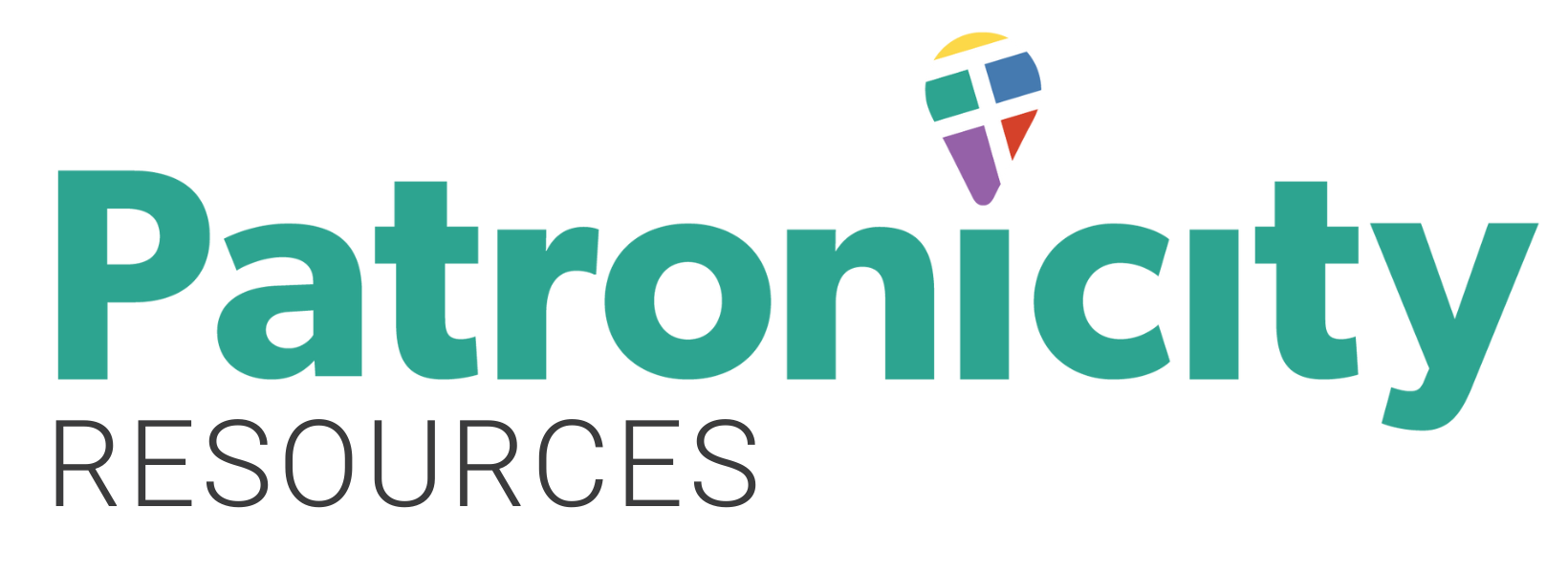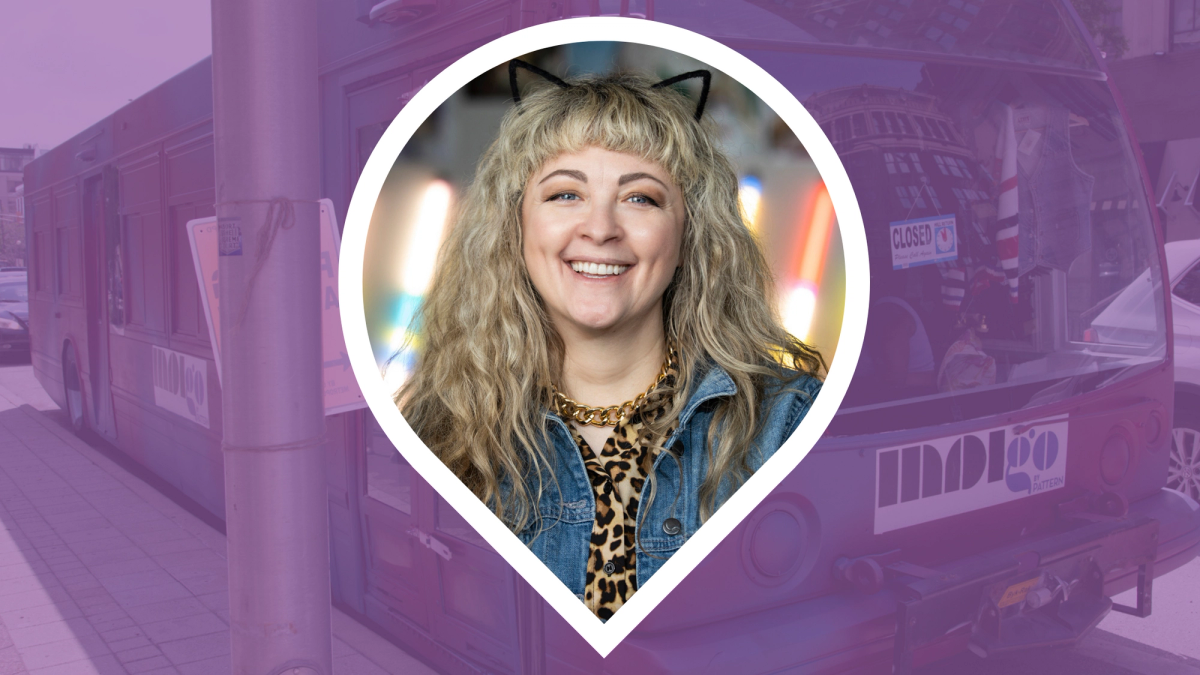
Patron in the City: Polina Osherov
At Patronicity, we believe that passionate individuals can spur change in their communities. We recently spoke with Polina Osherov to learn more about her passion for community and how she serves as a Patron in the City.
PATTERN had a vision to create a mobile pop-up shop experience using a decommissioned IndyGo bus to boost the creative economy in Indianapolis, Indiana. The COVID-19 pandemic hit small businesses and retail especially hard, and PATTERN wanted to provide a new opportunity for small businesses, artists, and organizations to reach new audiences and share their locally-made creations.
In 2021, they launched a crowdfunding campaign to make their vision a reality. The campaign had a goal of $25,000 and raised over $28,000 to support the project. By reaching the crowdfunding goal, the project unlocked a $25,000 matching grant from the Indiana Housing & Community Development Authority through the Creating Places crowdgranting program, building vibrant communities across Indiana.
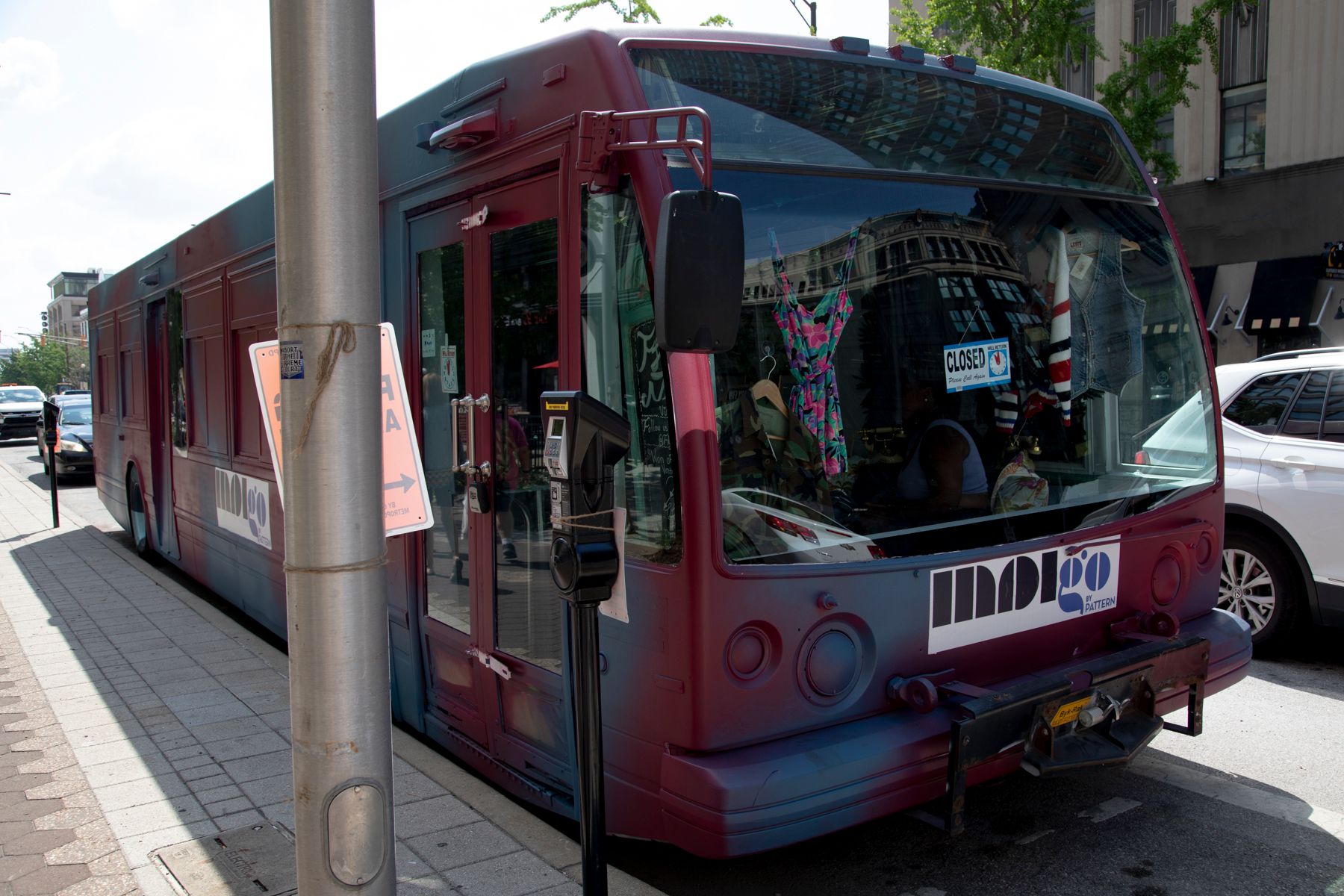
This is just one example of PATTERN’s many efforts to create a vibrant and diverse community of creatives in Central Indiana. We wanted to learn more about PATTERN and how they are building supportive infrastructure to allow creatives to realize their full potential.
At Patronicity, we believe that passionate individuals can spur change in their communities. We refer to those individuals as Patrons in the City, dedicating their time, sweat, and tears to building vibrant communities. We recently spoke with Polina Osherov, Executive Director of PATTERN and Editor in Chief of PATTERN magazine, to learn more about her passion for community and how she serves as a Patron in the City.
Patronicity: What is your role in the community?
Polina: In true entrepreneurial fashion, I've done a lot of things in my life. Right now, other than being the Executive Director of PATTERN and the Editor in Chief of PATTERN magazine, I also consult with clients on creative direction and marketing strategy and sprinkle that with commercial photography, event planning, and project management.
Big picture, I am passionate about entrepreneurial ecosystems and the creative economy, and my personal and professional life are dedicated to improving community infrastructure, retooling systems of collaboration and changing cultural economies to create inclusive opportunities for Midwest-based creatives and makers.
Patronicity: Why do you love where you live?
Polina: Indianapolis has provided opportunities and the time–freed up by the ease of living here in terms of traffic, accessibility, affordability, and connectedness–to so some really challenging, impactful, and exciting things with my life. What Indianapolis lacks in sex appeal (for now) is more than made up for by the incredible people who live and work here and the possibilities of having large-scale impact through grassroots initiatives.
Patronicity: Tell us about your community and why your project is important.
Polina: PATTERN's immediate addressable community is emerging talent within the creative and creator economies. Think graphic designers, photographers, videographers, writers, any kind of digital content creators, fashion designers and brand owners, marketers, musicians, street artists, sneaker designers, and the like. Zooming out, by supporting and enabling this group, we serve the entire region by helping make it the type of place that attracts and retains the best and brightest and not the other way around.
How do we do it? Internships and Fellowships. Events. Advocacy. Useful content. PATTERN is the only professional development entity in the region focused on creatives. Daily, we invest in the creative economy through our programming. I like to tell people that becoming part of the PATTERN community is a career growth hack that cannot be experienced anywhere else in Indianapolis. Our programs for college students and recent grads are a triple threat of mentorship, soft and hard skill development, and portfolio expansion that puts all participants ahead of their peers by a documented 1-3 years of professional development. This is important because, as a region, we don't have enough focus on emerging talent in creative fields. This is a major blind spot for us, and the main reason why Indianapolis is not getting the widespread recognition it deserves for all the incredible things we have happening here.
Our team is working very hard to build awareness and bridge the divide between "arts and culture" and the more traditional corporate environment which dominates our economic development landscape to help address this.
Patronicity: How has this project changed your community for the better?
Polina: We survey our community on a regular basis, starting with our interns and Fellows, to people who come to our events, to our funders and donors, and they tell us that PATTERN has been a light in the darkness to those who want to create for a living while staying in Indiana. I've heard and read (in survey responses) that PATTERN provides hope that Indianapolis is and can be a culturally-forward city where people outside of traditional careers might feel welcome and supported. We've always had and will continue to have world-class talent here; PATTERN has helped bring more visibility to said talent, surfacing a small, but ever-expanding community of creators.
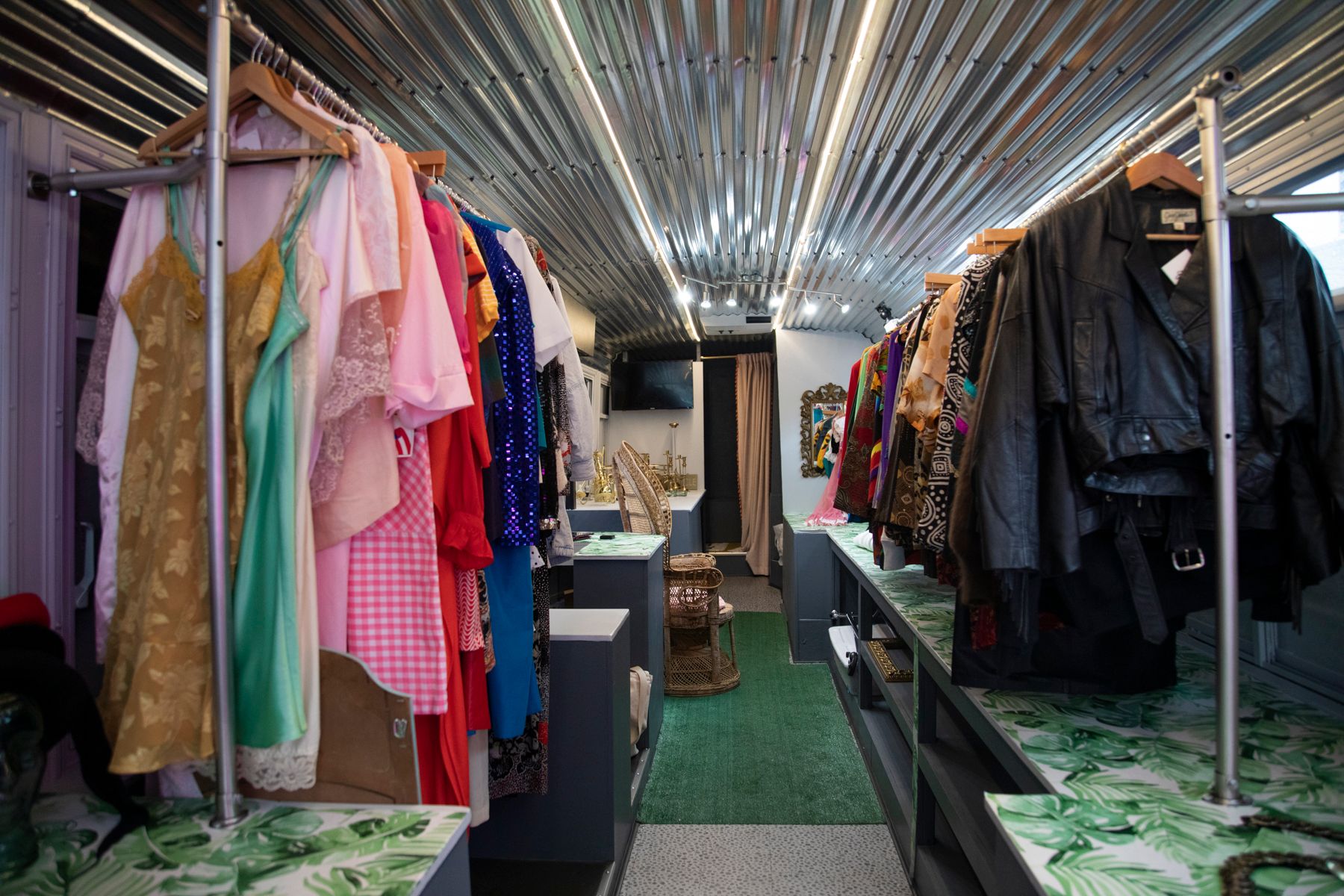
Patronicity: What inspired you to get involved or build this project?
Polina: I am one of the co-founders of PATTERN. I can't take any credit for coming up with the idea, and there have been dozens of people who have helped PATTERN move forward over the years. I never intended to run the organization or could have imagined that 13 years later, it would still be here, but it has been an incredible experience and growth opportunity, and I'm thrilled to see how the entire effort has grown and expanded over the years. I've ALWAYS been motivated by helping people be the best versions of themselves. I have a nose for potential, and PATTERN has provided the opportunity to help others grow on a whole other scale. At this point, we've had close to 150 interns come through the program and have graduated thirteen Fellows. It's really exciting and gratifying!
Patronicity: How has the community responded to the project and your efforts to build a vibrant community? What do you hope community members take away from this project?
Polina: The feedback has been uniformly positive from the very beginning from all corners. The challenge has been figuring out how to make PATTERN sustainable, and this has been its greatest challenge, although, I'm happy to report that we are rounding that corner. It took a long time to identify how to communicate the value of our work, and to build relationships with funders and donors, but now, 13 years in, PATTERN is undeniable.
The take away for the community should be that arts and culture is here to stay, and that it's not just for making things pretty. The economic value of creativity is in the billions, and a vibrant creative community is a priceless asset for any region, and should be viewed with that in mind.
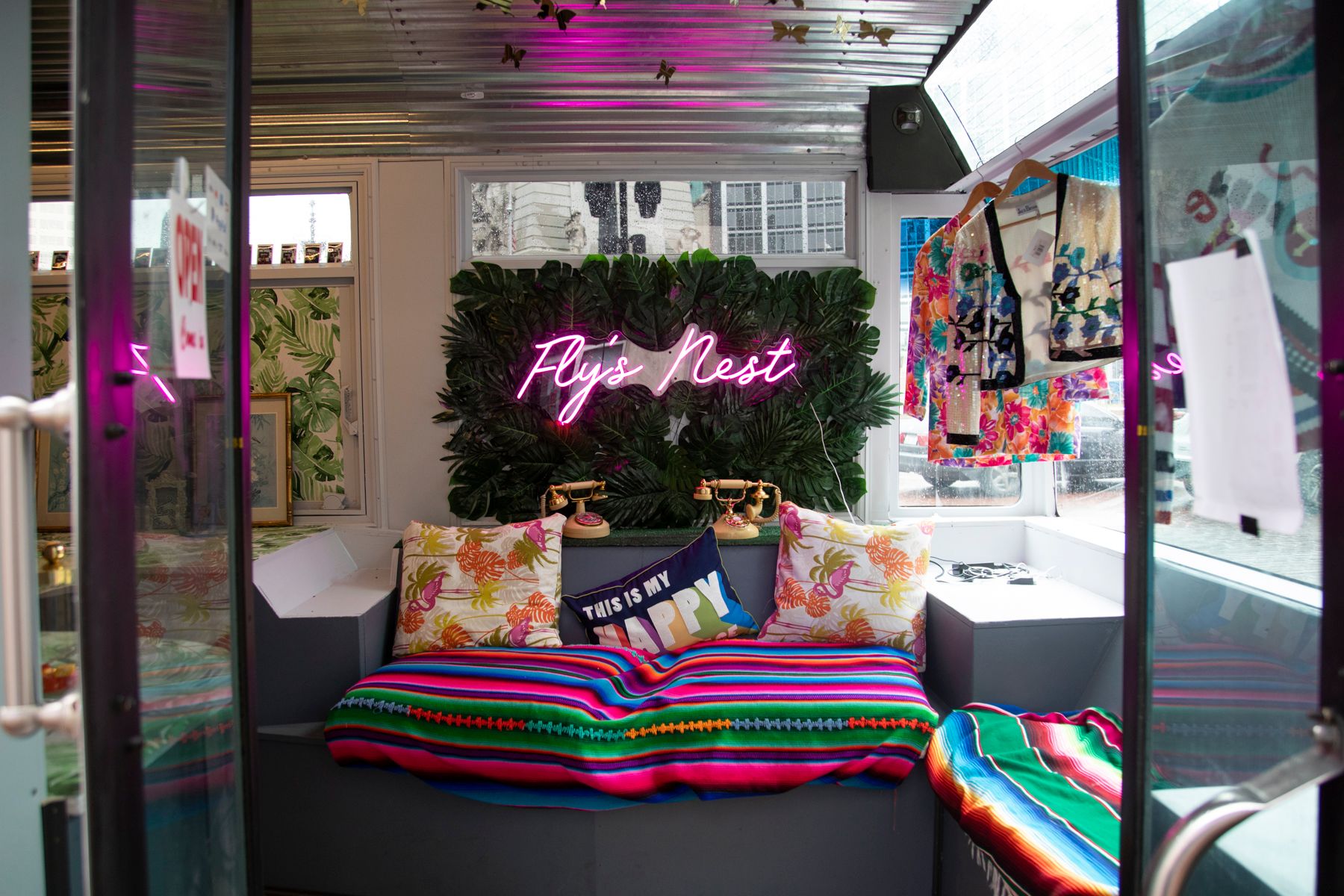
Patronicity: If someone wanted to become more involved in their community, what advice would you give them?
Polina: Showing up is more than half the battle. Most normal human beings are drawn to the sensation of comfort, but "becoming involved" in anything requires a period of discomfort as you go about meeting new people and learning new things. Don't let that stop you! Assuming you are trying to engage with people who share your interests and passions, whatever anxiety you may have ahead of becoming involved will fade into the background once you actually put yourself out there. The more you do it, the easier it gets.
Patronicity: What could other cities learn from your community or project?
Polina: If your city is not paying enough attention to the impact of its creatives on its economy and offering support to help it grow, it's likely because legislators and economic development folks just aren't aware. Find ways to study and quantify your city's creative economy, then figure out ways to share the learnings with those in charge. Easier said than done, and it takes many years, but it's a fight worth having especially if you're a smaller market trying to differentiate yourself.
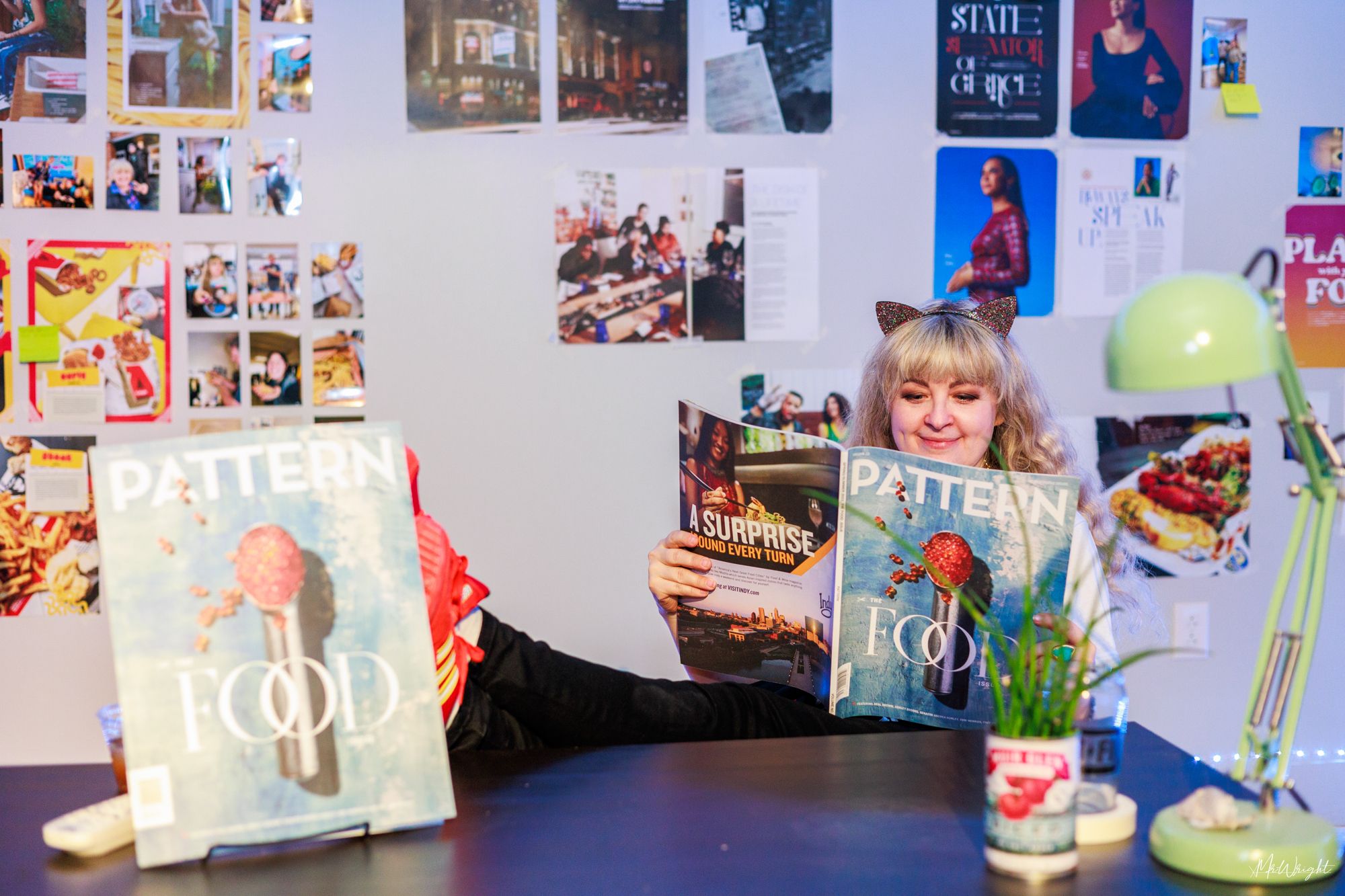
“Never doubt that a small group of thoughtful committed citizens can change the world. Indeed it is the only thing that ever has.” — Margaret Mead
Become a patron in your city by launching your project today or donating to a project in your area at www.Patronicity.com.
